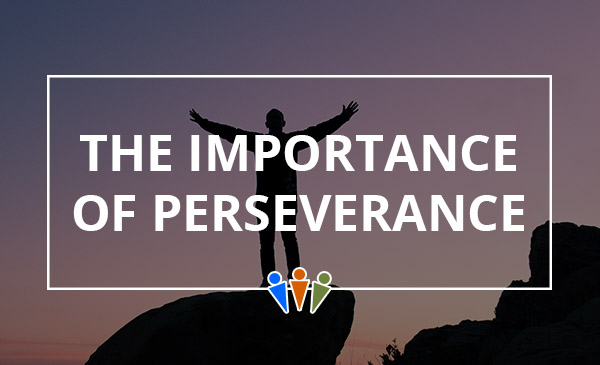Career and Job Search Tips: How To Find The Perfect Job For You

Looking to find the perfect job? Or a way to get ahead in your current career? Maybe are you just looking for some great job search tips to help you get ahead? Checkout this article from DataTech below to get the best tips.
Find The Perfect Job
The Job Search
Research who you are currently working with, Your current employer is where you spend the majority of your waking hours. What is your work culture? Can you leave work at work? Is the work environment a friendly one? Is the workplace a healthy environment for all involved? Take the time to interview other people in your department or in other departments you might be working in to get a sense of how the work environment compares to your current one. Research Different Positions, How do others in your field feel about their employers? Do they like the work environment? Do they like the career path they are on? Are they satisfied with their jobs? Does the career path they are on allow them to fulfill their personal and professional aspirations?
Networking
The best way to land a job is through networking. Get out there and make connections! This can be difficult, but it is an important aspect of finding the right job for you. A good place to begin is with your local alumni association or the company you work for. Be confident during your interview. When you are confident in your skills and abilities, it will show through during the interview. Confidence and the ability to lead are qualities that employers look for. There is no reason to be overly confident, but you should not be too shy either. When you are job hunting, make job searching your full time job. If you already have a job, take time out of each day to search as well. You won’t get anywhere if you only try to work for one or two places.
Cover Letters
Of course, resume writing is crucial. However, cover letters are an equally important tool for job hunters. Do you have a great resume? Great! Does it work? Great! Can you make it work even better? Great! Your resume should be a one-sided representation of your skills and experience. But most often, it’s not enough to simply copy and paste your resume into a cover letter. The cover letter is your chance to really show what you can do and really show why you’d be the best candidate for the job. By being able to prove your expertise in your target field, you’ll be able to stand out. You’ll also be able to distinguish yourself from the other candidates who are applying. The more you can show your expertise, the more likely it is that you’ll be able to land the job.
Interviews
Learn the habit of quickly responding to questions, noting that this is important to you. You don’t want to be like the person who is left guessing who is interviewing them. By taking advantage of this, you’ll gain the upper hand. If you’re an older job candidate, remember that many companies do not want to hire someone over the age of 40. That doesn’t mean you can’t find work in your field, it just means that you may have to go out and get it. You just need to market yourself and your skills differently. Go the extra mile to make a good impression during an interview. Great dressing can help set you apart from other candidates, as can your answers to interview questions.
Salary Negotiation
The first thing you have to do is to figure out what your needs are. The world of work is a little different from university, so you must be prepared to ask for more money. You might want to look into some job boards such as LinkedIn or Monster. These sites offer free job alerts and job postings that could help you find a great job at a great salary. A great tip is to make sure that you fill out any questionnaires that the company may send you. This way, you will get valuable information about their company before you respond to any of the messages they send. Making friends with someone in the company will give you a few extra leads. Many companies will actually pay you to list them on your LinkedIn.
Resumes and Portfolios
Keep a Resume in Three Versions Many resume writers write the resume, get it back to the jobseeker, edit it to be what they want, then file it away. That is wrong. Resumes should be edited, but the writer shouldn’t edit it for you. If you haven’t gotten around to editing your resume, you should keep it in three versions. You can keep the original version you drafted for yourself with the dates, job titles and duties listed. That one has your goals and vision for the position spelled out. When you get a job, you can upload that version of your resume and print it out for your official employment letter. If you decide to look for another job after your current one, you can also use it to help you search for new opportunities.
Thank-You Notes and Follow-Up Emails
When a client hires you for your professional services, don’t just send them a bill. It’s very common for a professional bill-payer to receive no correspondence after they pay their bill, making it tough to get them back to you. If they don’t respond to the bill, follow up with a note acknowledging that they have made payment. You can send them a follow-up email asking what was helpful about your services and which services they liked. The more detail, the better. Even when you’ve taken the time to write a message that shows you take time to do your job and care about them, the receiver of your email may not see it. That’s okay. You have other, more important things to do. The least you can do is check in with them. Just follow up with thank-you letters and emails like you said you would.
Conclusion
So there you have it. These were all the ways to find your perfect job I could find. Which tips did you find the most useful? Which did you consider the most useless? Please leave your thoughts in the comments below.

